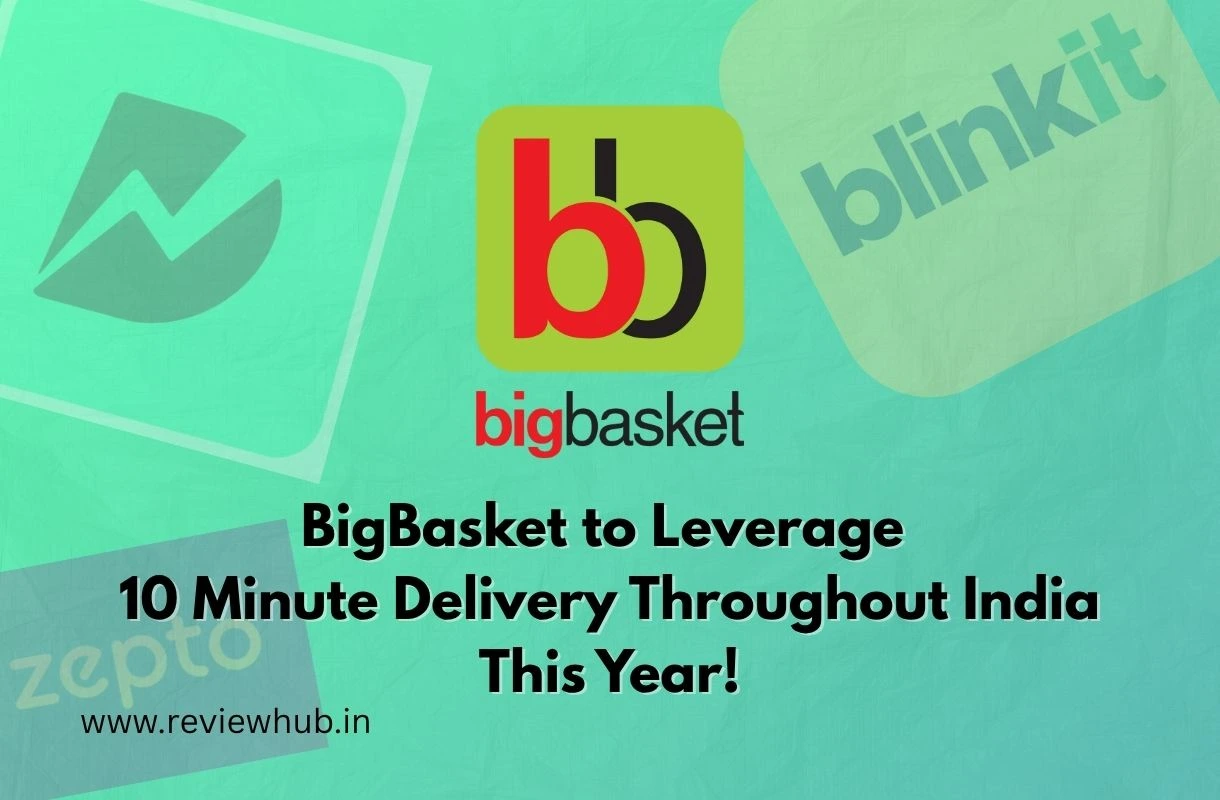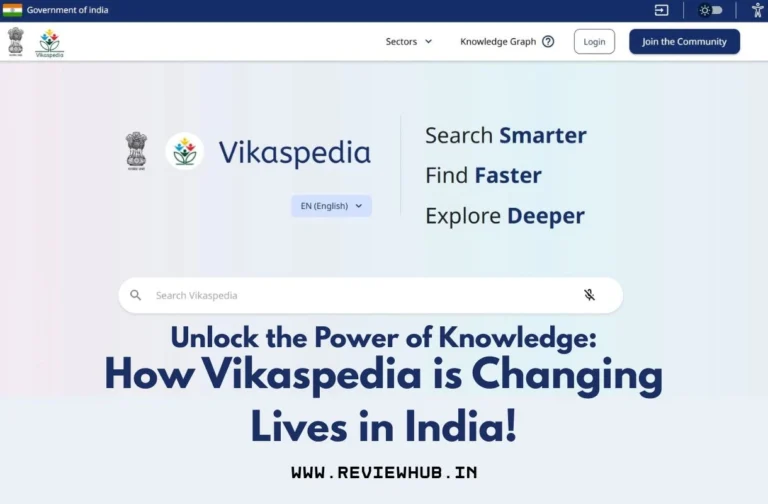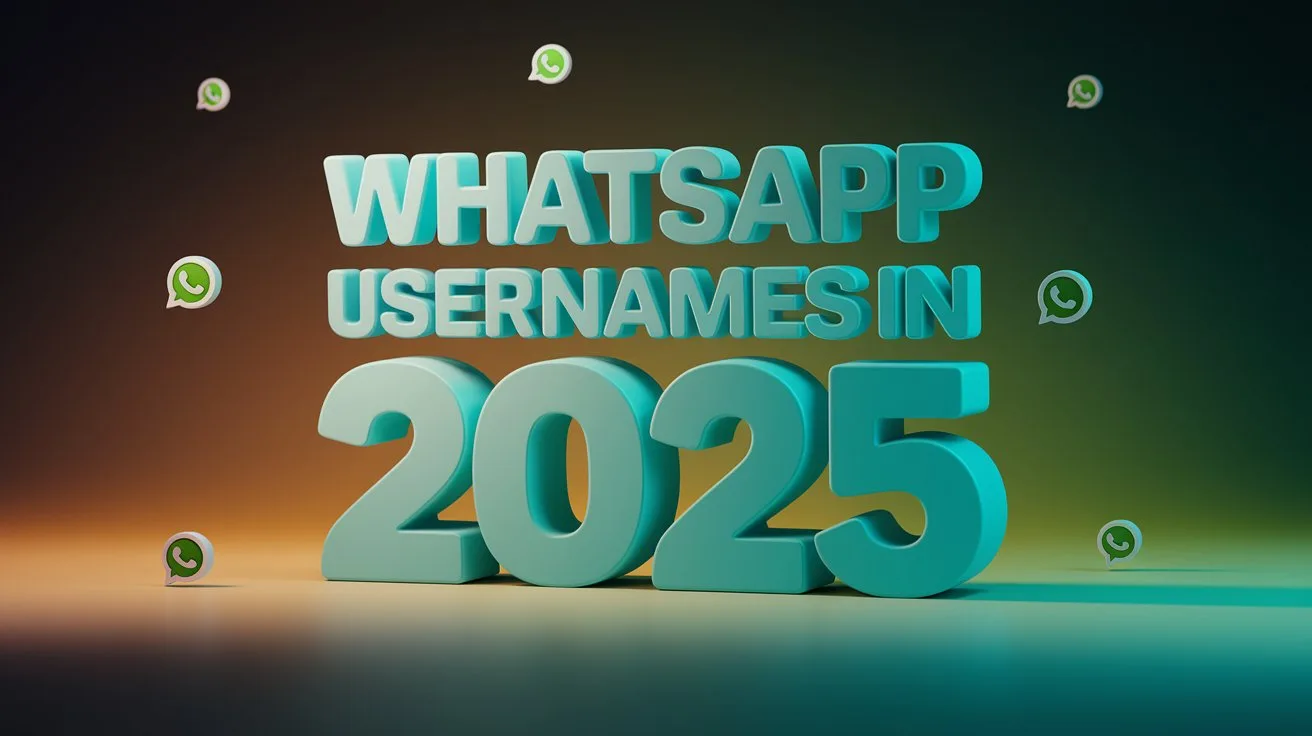In a move that’s poised to redefine convenience in India’s bustling e-commerce landscape, BigBasket, the Tata Group-owned grocery delivery titan, has announced plans to roll out its groundbreaking 10 minute food delivery service across the nation by the end of 2025. This exciting development has ignited a wave of anticipation among consumers and industry analysts. But is BigBasket the trailblazer in this ultra-fast delivery race? How does it stack up against other quick commerce players, and what does this mean for the evolving Indian market? Additionally, how are traditional e-commerce giants responding to this disruptive trend? Let’s delve deep into the intricacies of this transformation, exploring the latest entrants, market dynamics, and future implications.
- BigBasket’s 10 Minute Delivery: A Strategic Masterstroke Backed by Tata’s Vision
- A New Contender Emerges: Dunzo’s Rise in Hyperlocal Delivery
- The Evolution of India’s Quick Commerce Space: A Market in Flux
- Is BigBasket the First to Launch Nationwide 10 Minute Delivery?
- BigBasket vs Blinkit vs Zepto vs Instamart vs Dunzo
- Traditional E-Commerce Players Counterattack Against Quick Commerce
- The Broader Impact: Socio-Economic and Environmental Considerations
- Conclusion: The Dawn of a New Era in Indian Retail
BigBasket’s 10 Minute Delivery: A Strategic Masterstroke Backed by Tata’s Vision
BigBasket’s ambitious venture into 10 minute delivery is not just a response to consumer demand but a calculated step to cement its dominance in India’s quick commerce sector. The company is set to expand its network of dark stores from the current 700 to an impressive 1,200 by late 2025, a move underpinned by Tata Group’s substantial $7.1 billion investment in the quick-commerce arena. This financial backing, one of the largest in the sector, reflects Tata’s confidence in BigBasket’s ability to scale rapidly and compete with agile startups.
The service, initially piloted in Bengaluru, will leverage a sophisticated hyperlocal warehousing system to ensure that groceries, essentials, and exclusive Tata brands like Starbucks and Qmin reach customers’ doorsteps in record time. Unlike competitors that often partner with external restaurants, BigBasket’s strategy focuses on in-house branding, offering a curated selection that aligns with Tata’s premium ecosystem. This differentiation could appeal to consumers seeking quality and reliability, especially as the quick commerce market is projected to grow to $5.5 billion by 2025, according to ET Retail’s June 2025 analysis.
However, this rapid expansion comes with significant challenges. The CBRE 2025 report underscores the need for an additional 12-15 million square feet of warehousing space to support this nationwide rollout, posing logistical complexities. Moreover, the pressure on delivery partners to meet stringent 10-minute timelines raises valid safety concerns, including the risk of accidents in India’s congested urban areas. BigBasket will need to prioritize workforce training, advanced route optimization technologies, and sustainable practices to mitigate these issues and ensure long-term success.
A New Contender Emerges: Dunzo’s Rise in Hyperlocal Delivery
While BigBasket’s announcement dominates headlines, another player is quietly making its mark in India’s quick commerce ecosystem: Dunzo. This homegrown startup has been expanding its hyperlocal delivery network, establishing 20-30 micro-fulfilment centers across major cities, as detailed in IBEF’s July 2024 report. Dunzo’s 10-20 minute delivery service caters to a wide range of needs, from groceries and daily essentials to last-mile logistics for local kirana stores and businesses.
Dunzo’s strategic integration with India’s Open Network for Digital Commerce (ONDC) sets it apart, enabling a seamless connection between consumers, retailers, and delivery networks. This alignment with the government’s Digital India initiative, which has enhanced broadband access through projects like BharatNet, allows Dunzo to penetrate semi-urban and rural markets, a segment often overlooked by larger players. With a focus on affordable pricing and local partnerships, Dunzo is positioning itself as a cost-effective alternative, potentially challenging BigBasket’s market entry.
The startup’s growth is further supported by $500 million in total funding, which it plans to use to scale operations to 15-20 additional cities by 2026. This expansion could disrupt the competitive landscape, offering consumers more choices and forcing established players to innovate further.
The Evolution of India’s Quick Commerce Space: A Market in Flux
India’s quick commerce sector is experiencing a remarkable evolution, fueled by shifting consumer behaviours, technological advancements, and supportive government policies. Valued at $5 billion in FY25, the market is expected to witness exponential growth, with quick commerce sales for FMCG firms surging by 50-100% (IBEF, 2025). This growth is driven by the rise of 10-15 minute delivery models pioneered by platforms like Blinkit (Zomato), Zepto, and Swiggy Instamart, which have established extensive networks of micro-fulfilment centers and optimized last-mile logistics.
The integration of digital payment systems like UPI and RuPay has simplified transactions, while government initiatives such as ONDC and Digital India are democratizing access to e-commerce. These developments have enabled quick commerce to thrive in urban hubs and extend into tier-2 and tier-3 cities, where internet penetration and smartphone usage are rising. The competitive landscape is intensifying, with players introducing value-added services such as subscription models, exclusive product lines, and loyalty programs to retain customers.
This evolution reflects a broader cultural shift toward convenience-driven shopping, with consumers prioritizing speed and accessibility over traditional retail experiences. As the market matures, the focus will likely shift toward profitability, sustainability, and addressing operational challenges like inventory management and delivery partner welfare.
Is BigBasket the First to Launch Nationwide 10 Minute Delivery?
BigBasket’s nationwide 10 minute delivery ambition is impressive, but it is not the first to introduce ultra-fast services in India. Blinkit, rebranded under Zomato in 2022, and Zepto have been offering 10-minute deliveries in select cities for several years, establishing themselves as early movers. Swiggy Instamart followed suit, expanding its 10-15 minute delivery network across 25+ cities. These players have fine-tuned their operations through dark store networks and data-driven logistics, setting a high benchmark.
What sets BigBasket apart is its plan for a nationwide rollout by late 2025, leveraging Tata’s extensive infrastructure to reach both urban and semi-urban markets. This scale is unprecedented, though it trails the localized success of its competitors. The outcome will hinge on BigBasket’s ability to execute flawlessly, maintain customer satisfaction, and navigate logistical and safety hurdles, making it a pivotal test for the industry’s scalability.
BigBasket vs Blinkit vs Zepto vs Instamart vs Dunzo
BigBasket enters a fiercely competitive quick commerce market, where it faces off against established players like Blinkit, Zepto, Swiggy Instamart, and the rising Dunzo. Each platform brings distinct strengths and strategies to the table. Below is a detailed comparison to provide clarity:
| Feature | BigBasket | Blinkit (Zomato) | Zepto | Swiggy Instamart | Dunzo |
|---|---|---|---|---|---|
| Delivery Time | 10 minutes (nationwide goal) | 10-15 minutes | 10 minutes | 10-15 minutes | 10-20 minutes |
| Store Network | 700-1,200 dark stores | ~1,000 dark stores | ~300 dark stores | ~800 dark stores | 20-30 micro-fulfillment centers |
| Investment | $7.1 billion (Tata Group) | $500 million (Zomato) | $1 billion+ (recent rounds) | $700 million (Swiggy) | $500 million (total funding) |
| Unique Selling Point | Exclusive Tata brands | Broad grocery & essentials | Aggressive pricing | Wide city coverage | Local business integration |
| Market Reach | Nationwide (planned) | 14 cities | 10+ cities | 25+ cities | 8+ cities |
| Challenges | Logistics, safety concerns | High operational costs | Profitability | Competition intensity | Scaling limitations |
| Technology Focus | Hyperlocal warehousing | AI-driven inventory | Real-time pricing | Route optimization | ONDC integration |
| Customer Base | Premium & mass market | Urban millennials | Price-sensitive users | Diverse urban users | Local communities |
BigBasket’s strength lies in its Tata-backed financial support and nationwide rollout potential, though it must overcome logistical and safety challenges. Blinkit leads with a 46% market share (India-Briefing, 2024) and robust technology, while Zepto attracts with competitive pricing. Swiggy Instamart excels in coverage, and Dunzo’s ONDC integration offers a unique local advantage. This diversity ensures a dynamic, competitive environment, pushing innovation across the board.
Join Us
Traditional E-Commerce Players Counterattack Against Quick Commerce
Traditional e-commerce giants like Amazon, Flipkart, and even BigBasket’s pre-quick commerce avatar are not willing to cede ground to quick commerce newcomers. Amazon has launched its Tez service, targeting groceries and essentials with a network of dark stores, and plans a $1 billion investment in India’s quick commerce sector by 2026 (ET, June 2025). This move aims to rival Blinkit and Zepto, leveraging Amazon’s global logistics expertise and Prime membership base.
Flipkart, on the other hand, is rolling out its Minutes service, targeting 10-30 minute deliveries across major cities. With a $2 billion investment planned over the next three years (Business Standard, 2025), Flipkart is focusing on micro-fulfilment centers and partnerships with local kirana stores via ONDC. Both players are integrating quick commerce features into their platforms, offering same-day and express delivery options to bridge the gap with quick commerce startups.
Additionally, these giants are exploring hybrid models, combining their vast product catalogues with rapid delivery. Amazon is testing drone delivery in select regions, while Flipkart is piloting electric vehicle fleets to enhance sustainability. These strategies aim to retain their loyal customer base while capturing the convenience-driven quick commerce market, intensifying the competition and forcing all players to innovate continuously.
The Broader Impact: Socio-Economic and Environmental Considerations
The rise of quick commerce, led by BigBasket and its peers, has far-reaching implications. Economically, it creates jobs in warehousing, logistics, and delivery, with estimates suggesting 1.5 million new opportunities by 2027 (NITI Aayog, 2025). However, it also threatens traditional kirana stores, prompting calls for government support to help these small businesses adapt through digital tools and ONDC integration.
Environmentally, the sector’s reliance on frequent deliveries raises concerns about carbon emissions. Players like BigBasket and Dunzo are exploring electric vehicles and optimized routes, but widespread adoption remains a challenge. Consumer awareness campaigns and regulatory incentives could drive greener practices, balancing growth with sustainability.
Conclusion: The Dawn of a New Era in Indian Retail
BigBasket’s foray into 10 minute delivery, bolstered by Tata’s financial might and exclusive branding, marks a pivotal moment in India’s quick commerce evolution. With new entrants like Dunzo adding diversity and traditional players like Amazon and Flipkart mounting a counteroffensive, the market is poised for a transformative phase. The focus will shift toward sustainable growth, workforce welfare, and innovative technologies as the sector matures.
As India’s quick commerce space continues to expand, driven by consumer demand, government support, and competitive dynamics, the future promises both opportunities and challenges. Stay tuned to this unfolding saga, and share your thoughts on BigBasket’s bold move and the quick commerce revolution in the comments below!
Was this review helpful?
For more news about upcoming smartphones and popular products, and recommendations follow us on Facebook, Instagram, and Twitter.
Some of the links on our website are affiliate links. This means that if you click on these links and make a purchase, we may earn a small commission at no additional cost to you. These commissions help us maintain and improve our website, enabling us to keep delivering valuable content to you.







